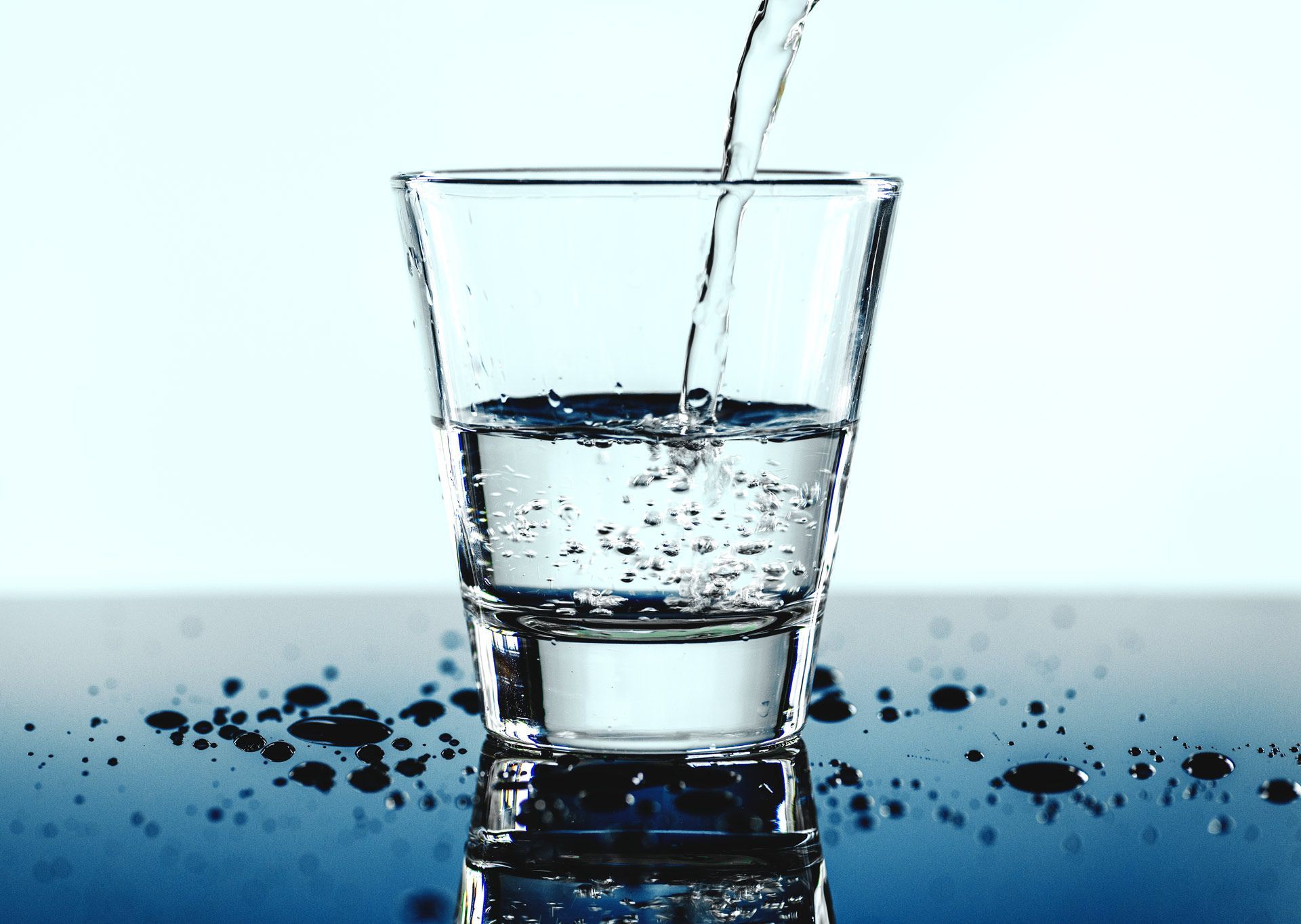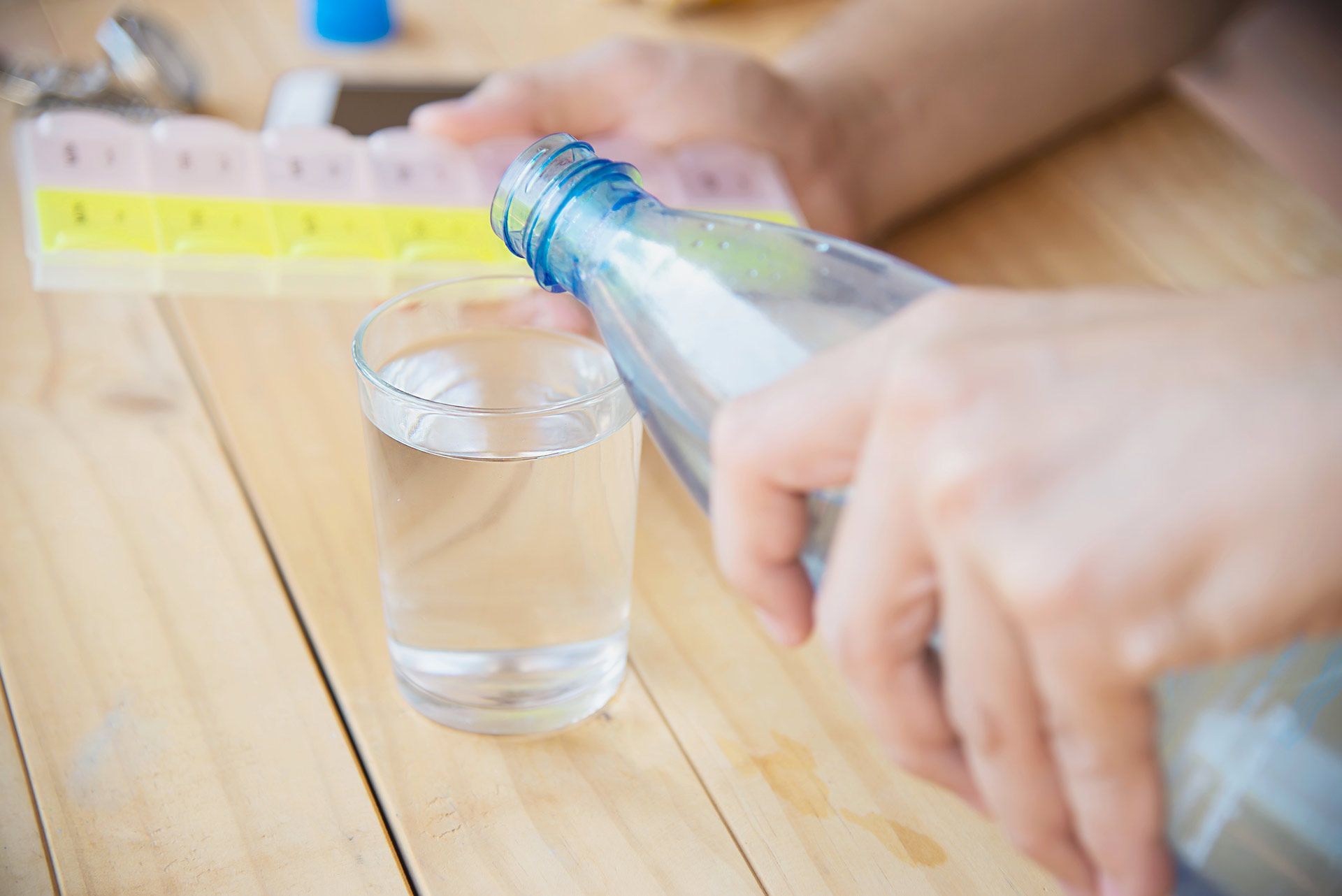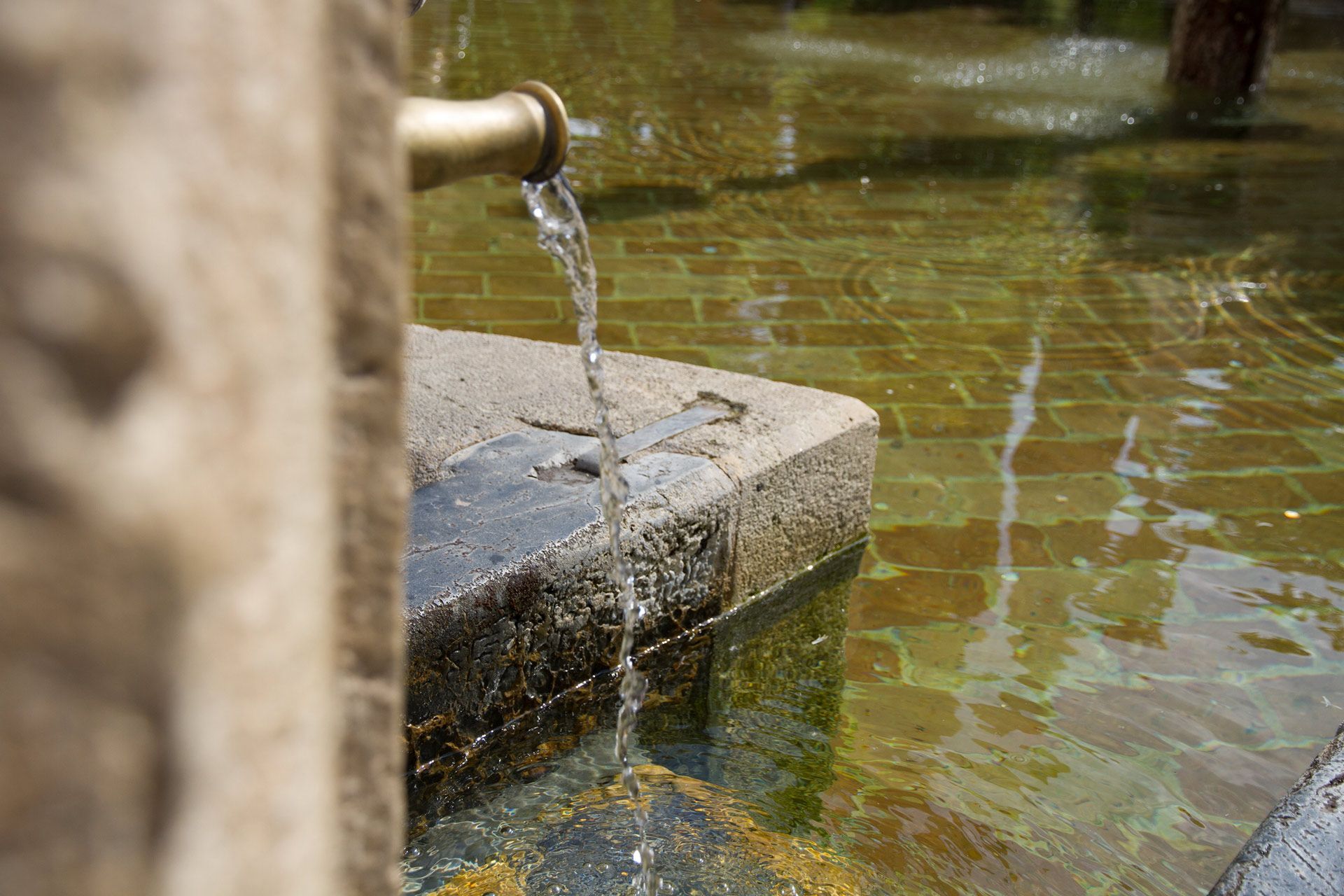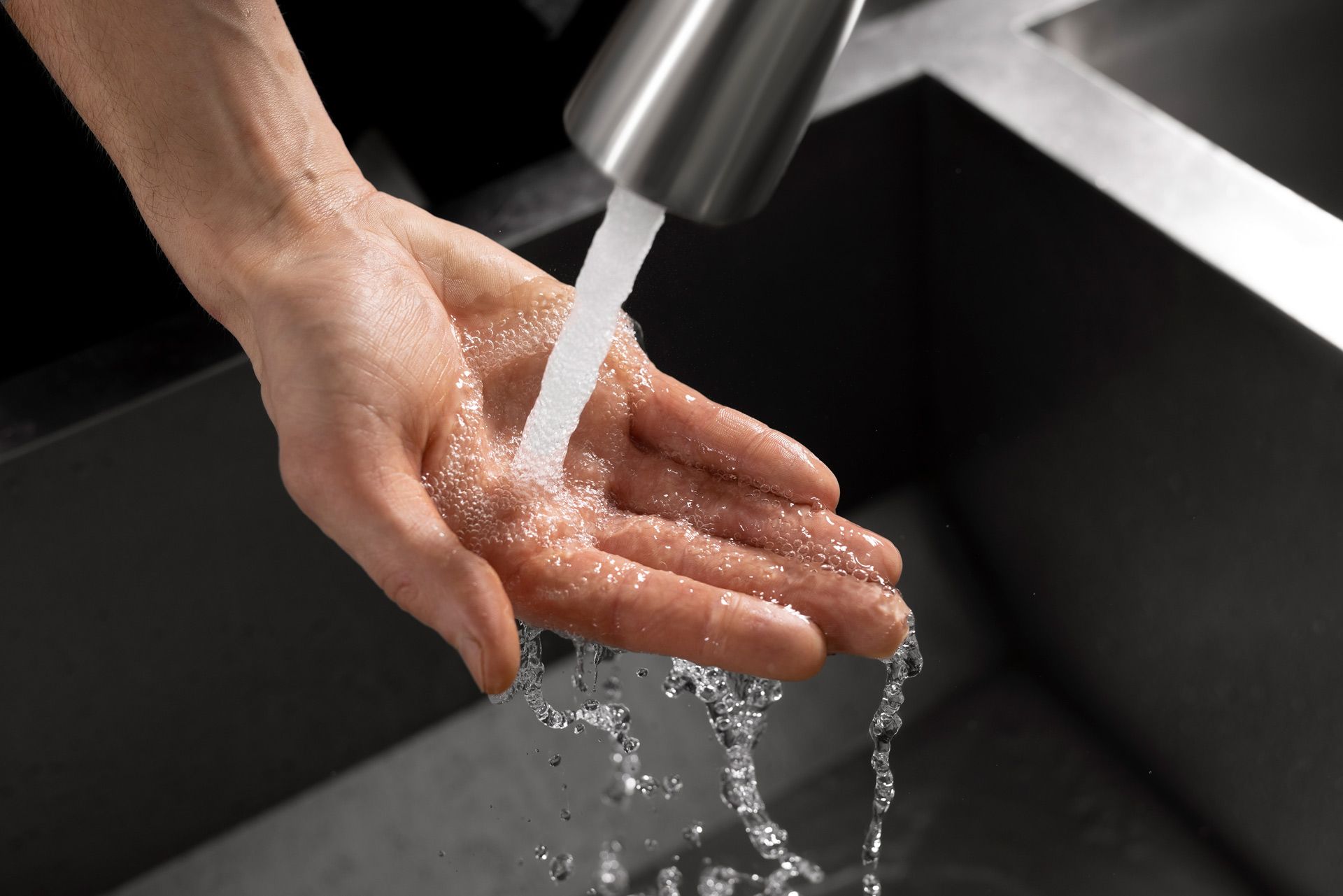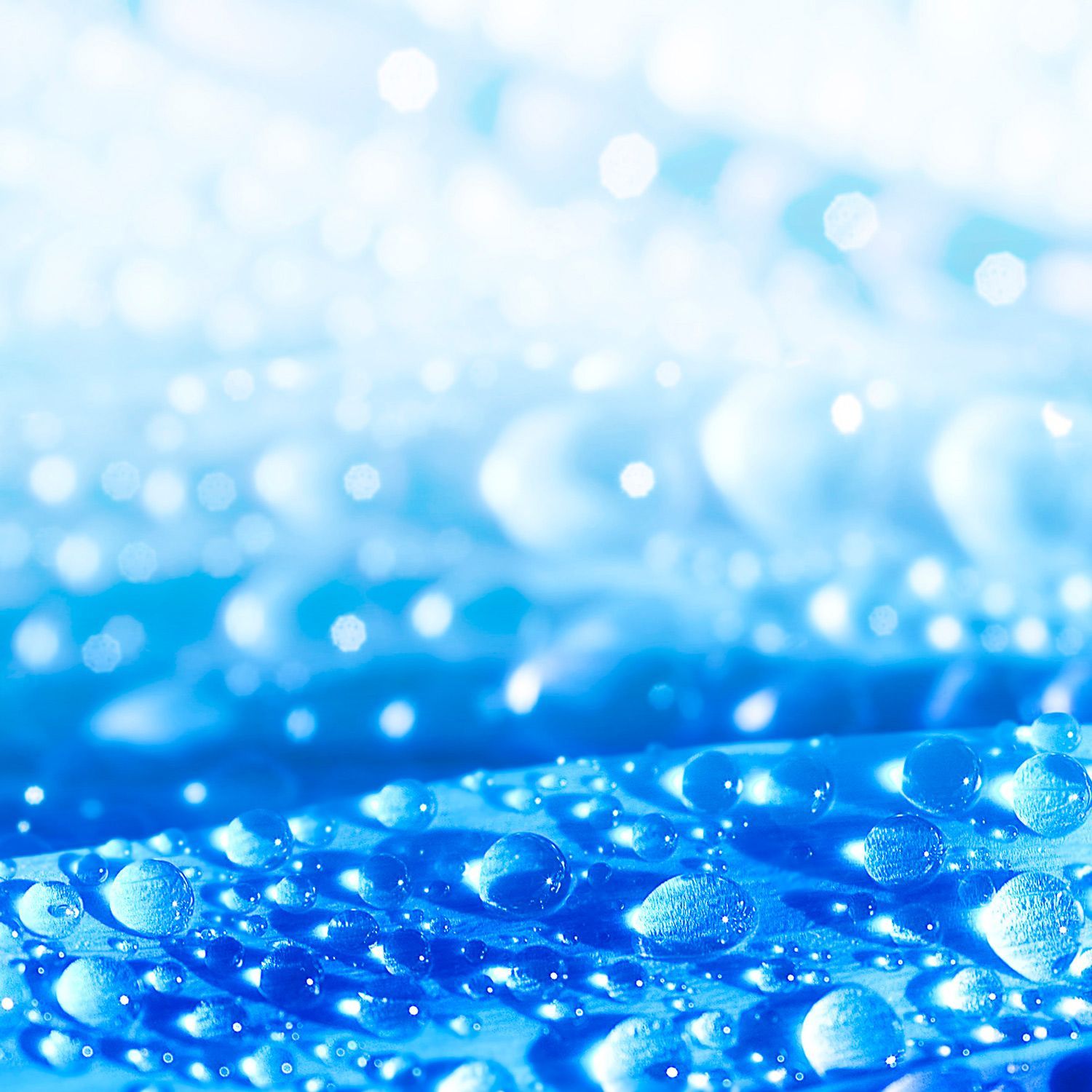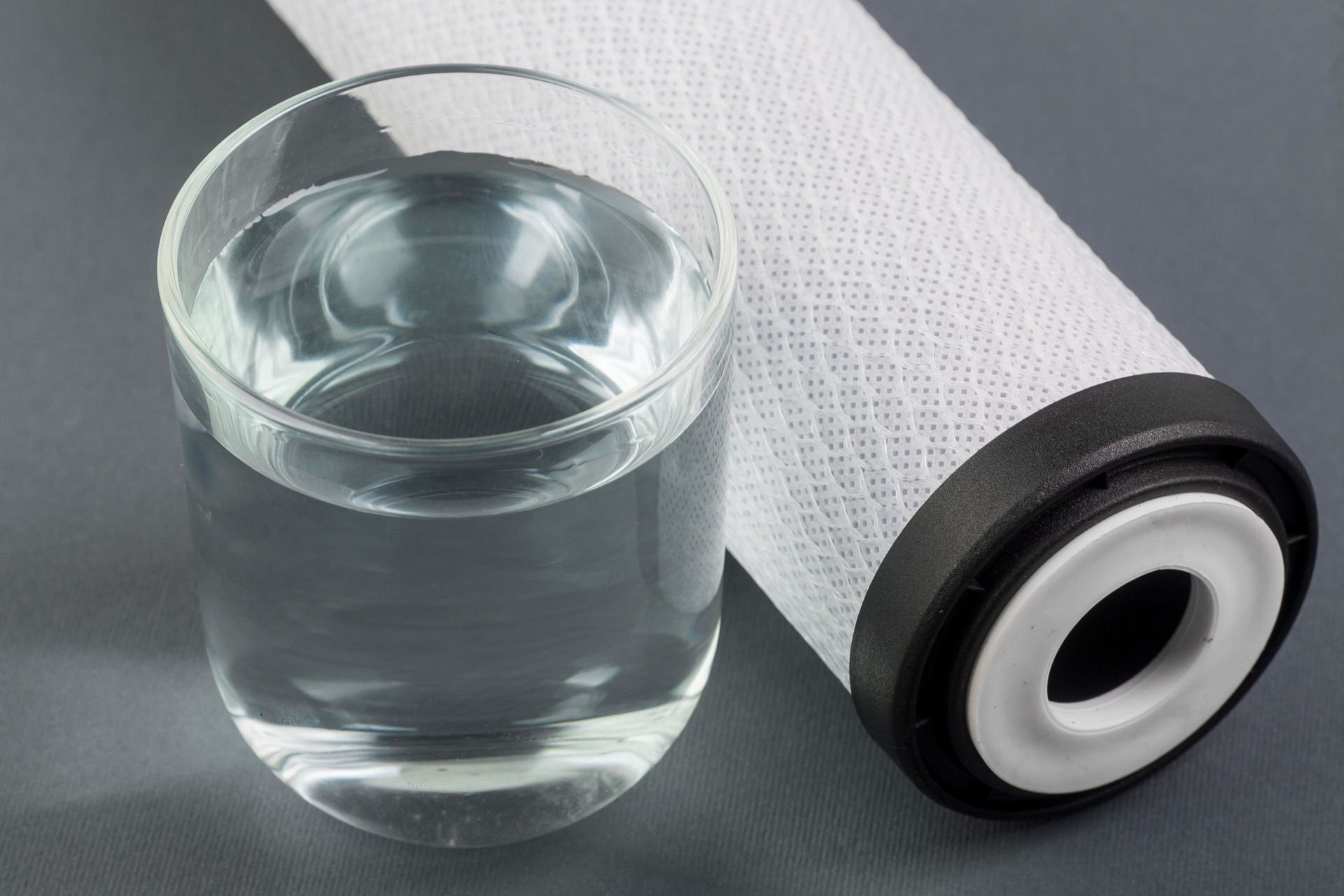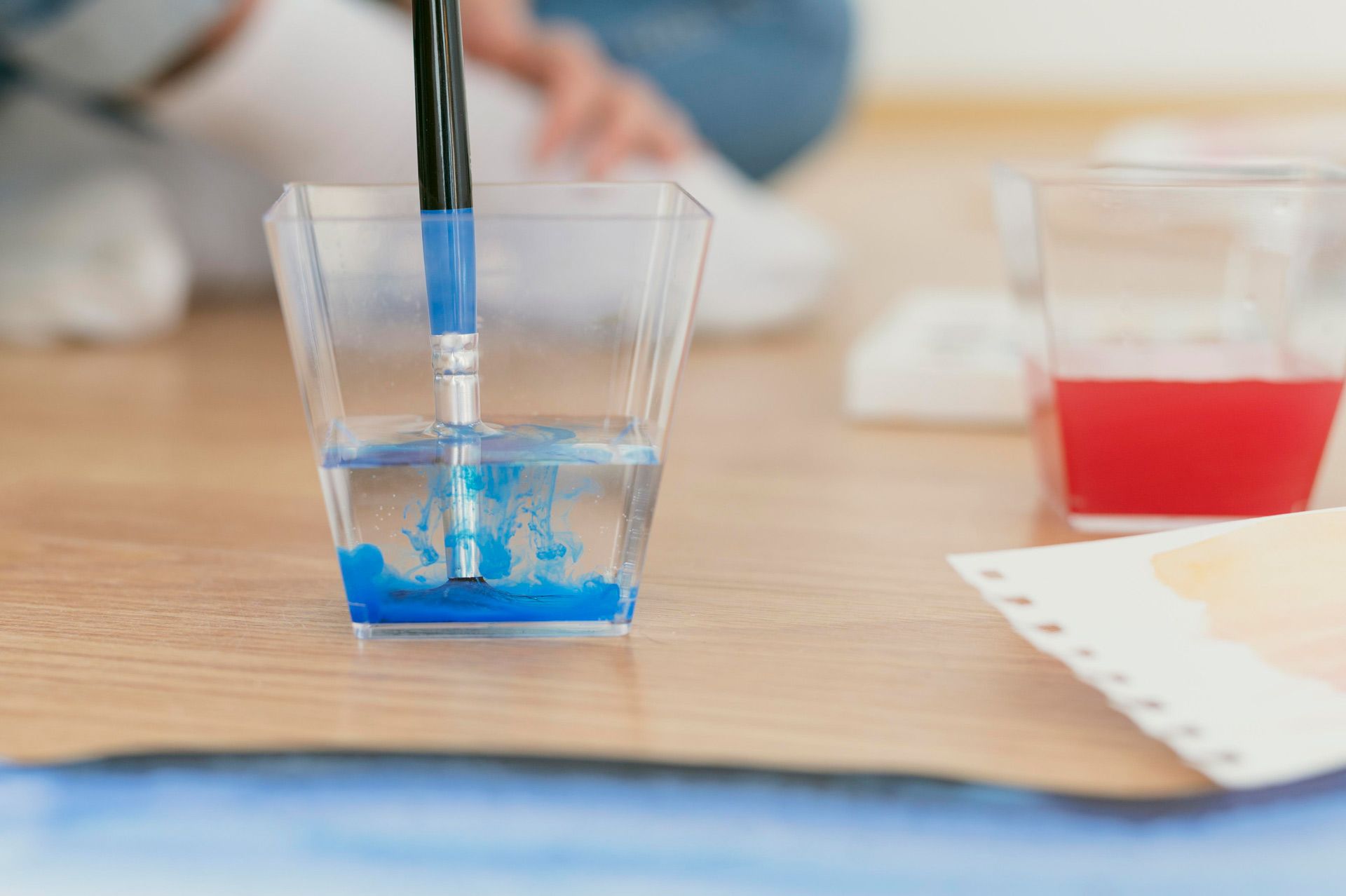How Seasonal Changes Affect Water Hardness in Central Indiana
November 9, 2025
Introduction
If you’ve ever noticed your dishes suddenly spotting more in winter, or your shower feeling different in the summer, you’re not imagining things. In Central Indiana, water hardness isn’t a fixed number—it fluctuates with the seasons. These shifts impact everything from how well your soap lathers to how much scale builds up in your pipes and appliances.
This article explains why seasonal changes affect water hardness, what homeowners in Indiana need to look out for, and how water softening solutions keep your home protected year-round.
What Is Water Hardness and Why Does It Change?
Water hardness refers to the amount of dissolved minerals, mainly calcium and magnesium, in your water supply. The more minerals present, the “harder” the water. Hard water is common across Indiana, often reaching levels that can cause buildup in plumbing and shorten the lifespan of appliances.
How seasons play a role
Seasonal weather patterns directly influence the hardness levels residents experience at the tap. Here’s how:
- Spring rains can increase runoff, washing more minerals into groundwater and municipal sources.
- Summer droughts lower water tables, which raises mineral concentration.
- Winter treatment adjustments in municipal systems may alter chemical balances, affecting mineral content.
- Fall shifts in soil and groundwater conditions change how minerals are absorbed.
How Seasonal Hardness Affects Central Indiana Homes
Understanding these fluctuations helps explain why water sometimes feels different or why softener salt usage may change.
- Appliance efficiency often decreases, as water heaters, dishwashers, and washing machines accumulate scale faster during peak hardness periods.
- Soap and detergent use goes up because harder water reduces lathering.
- Skin and hair dryness can worsen in winter when hardness spikes.
- Plumbing maintenance becomes more urgent as mineral buildup increases during summer drought conditions.
For homeowners in Brownsburg, Plainfield, Mooresville, Avon, Carmel, and across Hendricks County, monitoring hardness changes is key to preventing costly repairs.
How to Manage Water Hardness Year-Round
Seasonal water hardness shifts can be controlled effectively if you follow a few best practices.
- Regularly test your water at least twice a year, especially during seasonal transitions.
- Check your water softener settings. Many modern systems adjust automatically, but older models may need manual recalibration.
- Use the correct amount of softener salt. Salt demand often increases in summer when hardness spikes.
- Schedule annual service so technicians can recalibrate systems for peak performance.
- Consider adding whole-home filtration to address chlorine, iron, or sediment that may fluctuate with hardness.
FAQs on Water Hardness in Indiana
Does water hardness really change with the seasons?
Yes. Local groundwater levels, precipitation, and municipal treatment changes cause hardness levels to fluctuate throughout the year.
Is Indiana water harder in winter or summer?
Typically, summer droughts lead to higher mineral concentrations, but winter can bring noticeable changes due to treatment adjustments.
How do I know if my water softener is keeping up?
If you see scale buildup, soap scum, or dry skin returning, it’s a sign your system may need salt, settings adjustments, or service.
Can untreated hard water damage my home?
Yes. Over time, it causes scale buildup in pipes and appliances, reduces efficiency, and increases energy bills.
What’s the best solution for fluctuating hardness?
A professionally installed and maintained water softener ensures consistent protection year-round.
Conclusion
Seasonal water hardness changes are a fact of life in Central Indiana—but they don’t have to impact your home. With the right water softening system, regular maintenance, and professional guidance, you can enjoy softer water every season.



